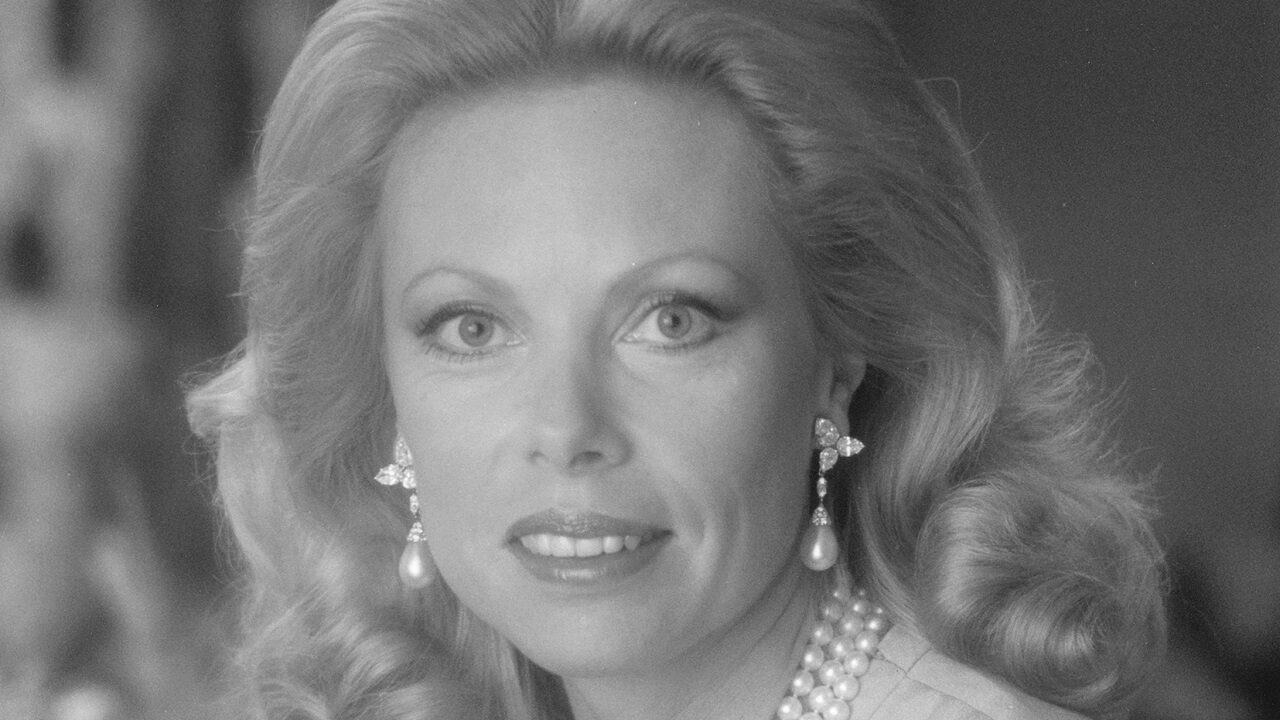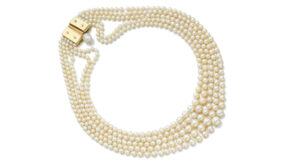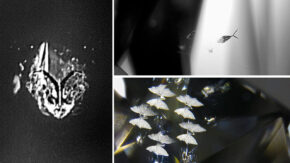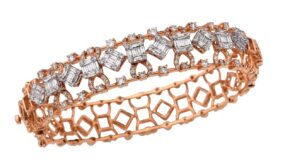Yoram Dvash, president of the World Federation of Diamond Bourses (WFDB), has sent a letter to Christie’s objecting to the sale of a jewelry collection from the estate of Heidi Horten, who was married to a Nazi party member.
Her late husband, Helmut Horten, was believed to have made his fortune “by buying businesses at a fraction of their worth from Jews who were forced to sell to Aryans,” Dvash says in the letter, which was issued last week. The practice was known in Nazi Germany as “Aryanization.”
Heidi Horten was an Austrian philanthropist and collector who assembled a world-class collection of decorative arts as well as modern and contemporary art. These items are now part of the Heidi Horten Collection museum in Vienna.
Horten also amassed one of the world’s most valuable jewelry collections, all of which were believed to be acquired through legitimate sellers. Christie’s is slated to sell more than 700 of Horten’s jewels in a series of live and online auctions beginning in Geneva on May 10. Christie’s expects the items from her estate to fetch more than $150 million, which would make it the most valuable jewelry collection ever to appear at auction, eclipsing the more than $115 million achieved at the house’s Elizabeth Taylor auction in 2011.
A biography of Heidi Horten on the Christie’s website notes the Nazi past and the business practices of her late husband in the Third Reich. Proceeds from the sale will go toward the Heidi Horten Foundation, which supports the Heidi Horten Collection “as well as medical research, child welfare, and other philanthropic activities,” the description adds. Additionally, Christie’s pledged to make a “significant contribution” from the auction proceeds to groups that promote Holocaust research and education.
Dvash’s letter was addressed to François Curiel, the auction house’s chairman in Europe and Asia. “I would like to express the WFDB’s objection to this sale, so clearly associated with Nazi plunder of Jewish businesses,” he wrote. “In a time of Holocaust denial and the resurgence of anti-Semitism around the world, we find it especially appalling that a world-renowned auction house would engage in such a sale.”
If Christie’s goes ahead with the auction, Dvash continued, he expected assurances from Curiel “that the major portion of the proceeds be donated by Christie’s to charities supporting the welfare of Holocaust survivors, as well as commemoration and education.” He also requested that the amount given be made public.
Christie’s said its decision to take on the sale followed “careful consideration” and that it was aware of Helmut Horten’s actions during the Nazi period.
“His activities were well documented and provided the foundation for his later wealth,” said Anthea Peers, president of Europe, the Middle East and Africa (EMEA) at Christie’s. “However — and without ignoring or excusing Mr. Horten’s actions in any way — the jewelry collection of his wife, Heidi Horten, was assembled decades later, between the beginning of the 1970s and 2022, the year of her death.”
All the items underwent a “thorough verification process,” and the provenance of each object is “well documented, with detailed indications of purchase, and none of these jewels come from a spoliation or a forced sale from a Jewish owner,” she explained. The jewels were acquired from prestigious houses such as Bulgari, Cartier, Tiffany, Harry Winston and Van Cleef & Arpels, Peers added.
“Through this public sale, organized in a transparent manner, we are trying, for our part, to work to preserve the memory of the most painful period in history and of those who were tragically its victims,” the executive said.
Image: Heidi Horten. (The Heidi Horten Foundation)



